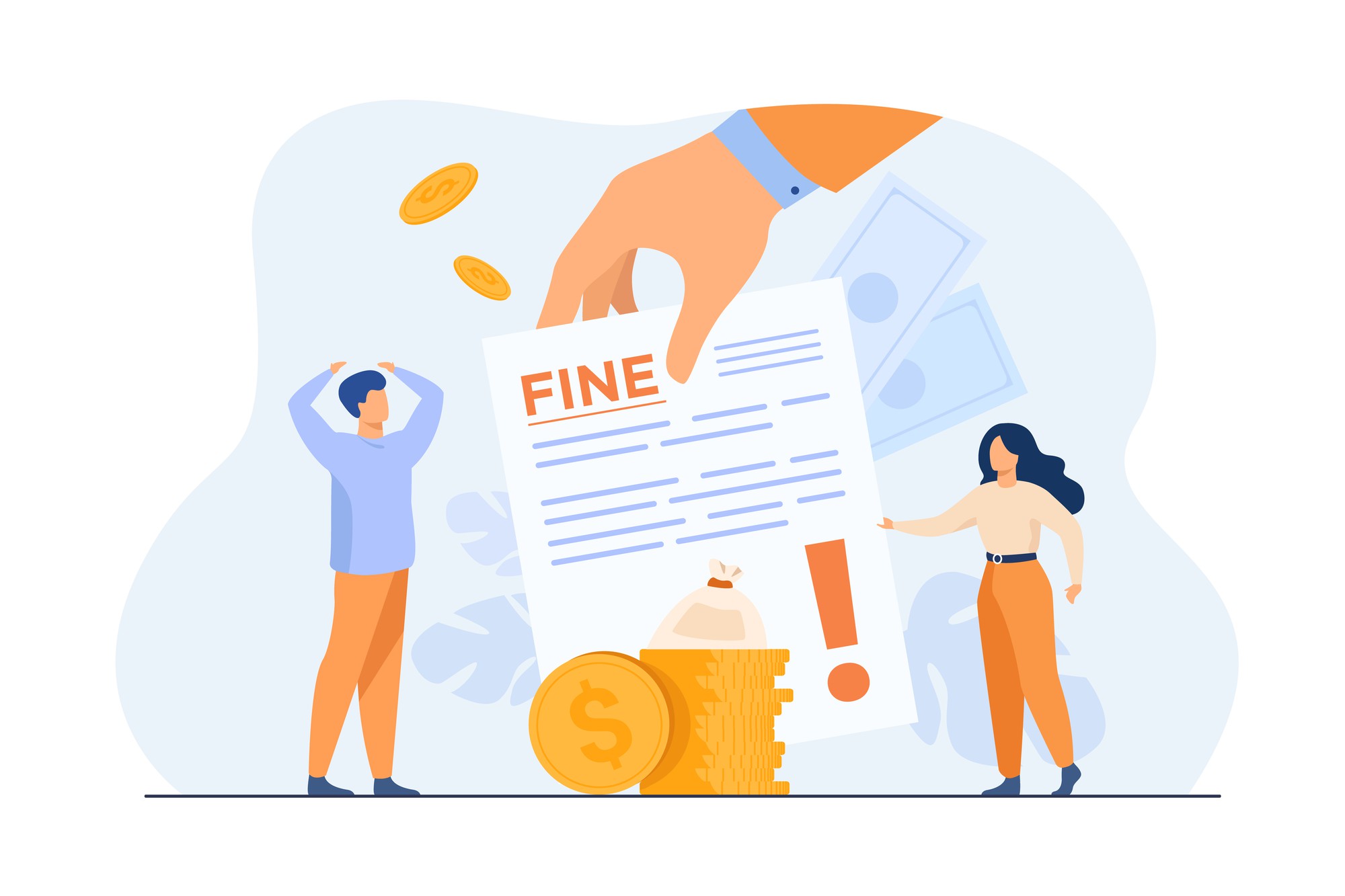As a person who lives in the United States of America, you are required by law to file your taxes. You can do your taxes yourself or hire an independent tax preparer. As a taxpayer and customer, let's say you decide to hire a professional tax preparer.
If that's the case, you'd expect the job to be completed carefully and quickly. Let's say you committed an error on your tax return, either on purpose or by accident, and the IRS caught it. If you make this mistake, you might get audited and then have to pay several fines and interest rates.
Licensed vs. non-licensed tax return preparers
There are two kinds of people who do tax returns;
● Those with a license do their jobs from the IRS and the State.
● People who are allowed to do tax returns for people who pay them but are not licensed to work for the IRS.
The first type is the more respectable one, and most of us know about it. People who proper into this class are;
● Certified Public Accountants or CPAs
● Tax Counsel
● Registered agents
● Insured actuaries
● Appraisers and much more!
IRS Says This About Tax Preparers!
According to IRS Code 7701(1)(36)(A), a tax preparer is someone who does tax work for people or businesses in exchange for money. Because of this, someone who does your taxes for free is not considered a tax preparer. The compensation is usually money, but that isn't always the case. The taxpayer may give the tax preparer payment in another service.
Penalties for an Incompetent Tax Preparer
Taking away the right to practice
If the IRS finds out that a tax preparer did not do their job well, they can find them. Willful or careless mistakes have the worst consequences. The IRS is required to do a complete investigation. It also takes into account what a tax preparer has to say.
The penalties could be lessened or even dropped for an honest mistake or a minor case of human error. In the worst cases, where a tax preparer intentionally changed tax records, the tax preparer's license could be taken away, and a criminal investigation could be started.
License to Practice Revoked
In some minor carelessness cases, the tax preparer may not have to pay a fine. They might get a permanent mark on their record, or their license might be taken away for some time.
A monetary penalty
The IRS Code 6694 ensures that the IRS will punish a tax preparer who understates a taxpayer's tax liability to cheat the government out of taxes. How bad the punishments are or whether they are given depends greatly on why this act was done.
If the tax accountant did this because there was a reasonable cause for these misnomers, these punishments might be waived. But if the crime was done willfully or recklessly, the IRS could fine the person $1,000 or 50% of their income for each mistake on their tax return or claim a refund.
Loss of Practice and Reputation
If someone breaks the tax law carelessly or on purpose, it goes against everything the IRS stands for. Even if the tax preparer doesn't lose money, they could lose their license, their reputation, and their clients' trust. A perpetual red flag could be put in their record, which any possible future client could look at. Even if the license is given back at some point in the future, it may not have the prestige it used to.
Injunction
One penalty that doesn't cost money is called an injunction. An injunction is a court order that says the preparer can't keep doing their job for a long time. An injunction can hurt a tax preparer much more than a fine.
During that time, they could lose clients. They could be forced to reopen all cases filed before the limitation period ran out. In the worst negligence cases, the court could take away the license to practice.
Who Pays for a Tax Preparer's Mistakes?
A little over ten years ago, the taxpayer was the only one who was responsible for their tax returns. But changes to the tax laws mean that your tax preparer can be held accountable for any mistakes they make on your tax return.
You can make a complaint with a tax authority on your own or pay a lawyer to do it for you. Many legal firms and tax advisors are experts at sorting out tax disputes and determining who is to blame when mistakes are made on tax returns. They can help make sure the IRS doesn't violate your rights.
Tax Preparer's Ignorance of the Law
Since the tax laws changed in 2007, a tax preparer could be held responsible for errors on a client's tax return. The IRS has a set of codes that show how the tax laws work. The IRS Code 6694 says that if a tax preparer makes a mistake on a federal tax return or claims for a refund, they will be held responsible.
Before this change to the tax law, the tax preparer did not have to pay attention to gift, estate, and century tax returns. But they could still be held responsible for errors made on income tax returns, whether on purpose or by accident.
Conclusion
No matter how much you trust your tax preparer, it would help if you never forgot to double-check your tax returns before you send them in. Any tax expert will tell you that it's just as important for you to be careful as it is for the tax preparer. This is because tax preparers usually ask a visitor to sign a contract that could let them avoid responsibility.
 PDF Magic
PDF Magic



